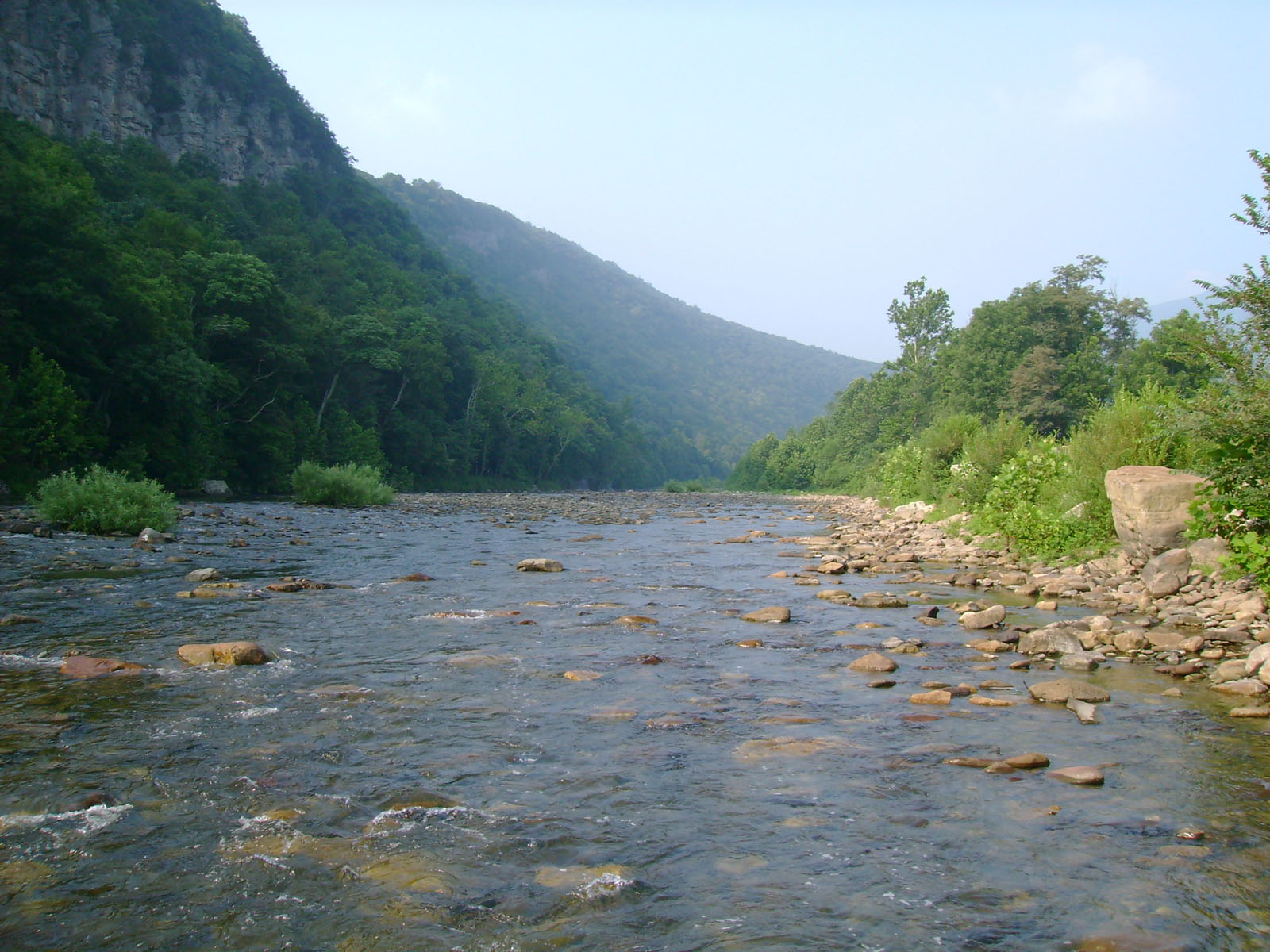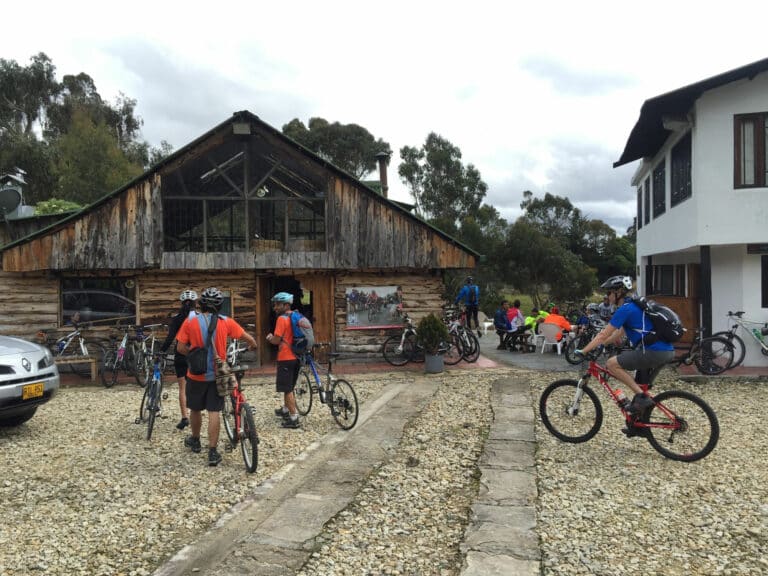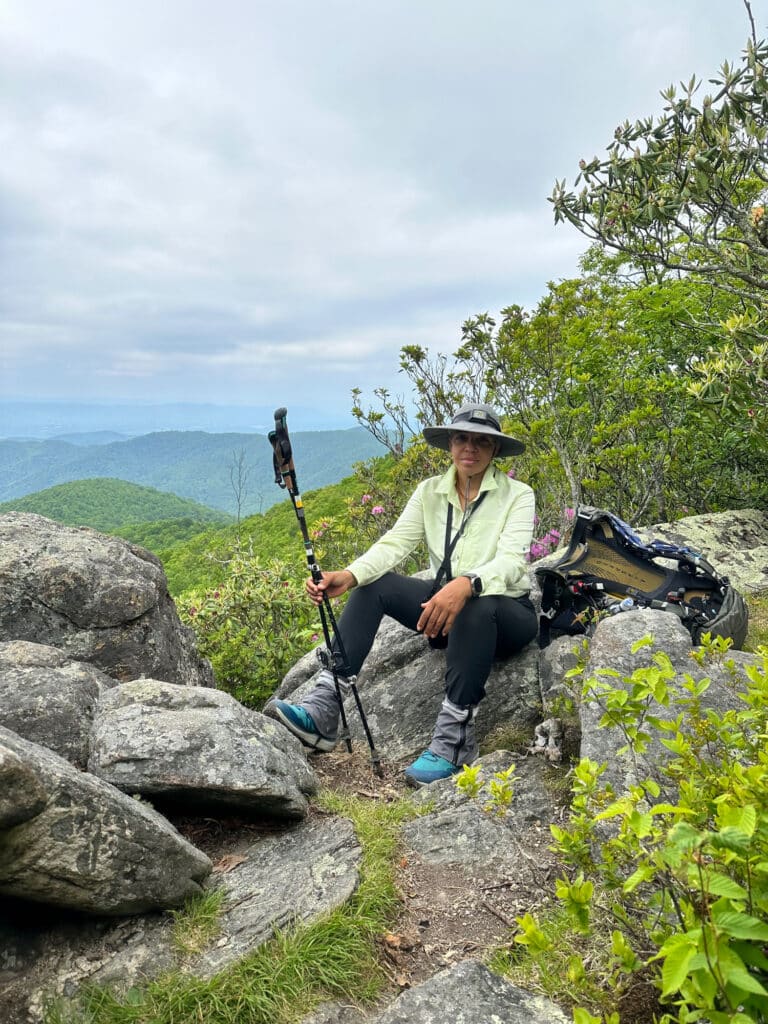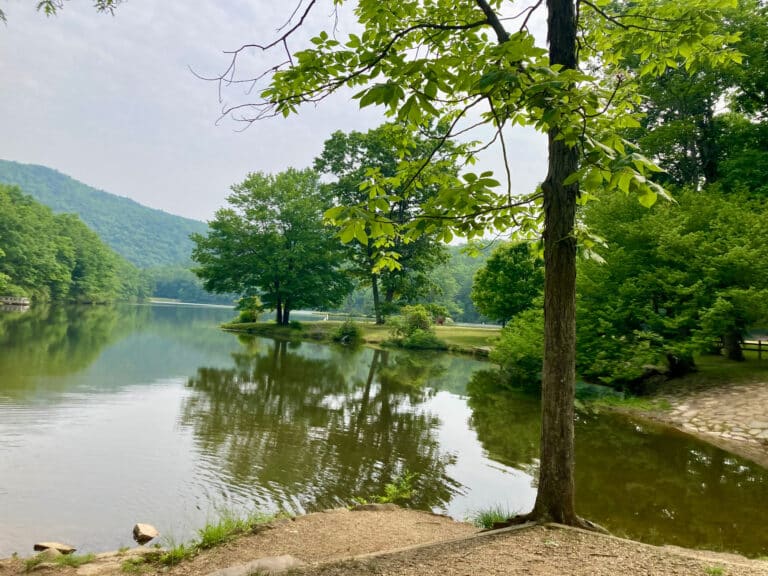It seems like every time you turn around these days up pops a new challenge to public lands and environmental standards.
The latest legislative threat hit home hard for people in Southern Appalachia yesterday, when the Senate voted 54–45 to strike down the ‘Stream Protection Rule’ using a complicated “regulation killing tool” known as the Congressional Review Act.
The Stream Protection Rule was enacted in December of 2015 by former Secretary of the Interior Sally Jewell. It’s primary purpose was to update the decades old environmental regulations placed on coal companies.
The new standards would have protected some 6,000 miles of streams and 52,000 acres of forest by preventing these companies from dumping harmful, chemical-laden debris into nearby waterways and filling stream beds with the sedimentary byproducts of mountain top removal mining.
This is something the Appalachian coal industry has done in the past with wanton disregard for the environmental implications. In fact, North Carolina-based non-profit Appalachian Voices estimates that the mountain top removal methods employed by Southern Appalachian coal companies are responsible for the destruction of some 2,000 miles of mountain stream channels.
Once a stream or river is damaged in this manner, there’s no bringing it back.
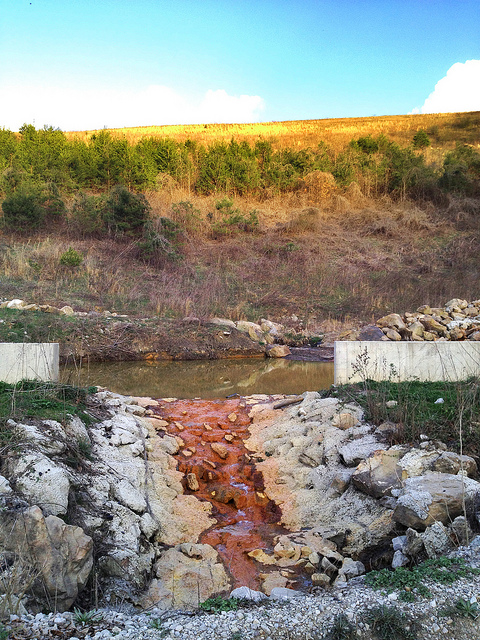
“As you think about the impacts of this, we urge you to think about the impacts of mine pollution that TU members, staff, and partners have been working hard to clean up,” wrote Trout Unlimited in an open letter to Congress, just before the resolution striking down the Stream Protection Rule passed. “In the East, pollution from abandoned coal mines continues to damage thousands of miles of streams and rivers — over 10,000 miles just within Pennsylvania and West Virginia. We know firsthand how hard it is to clean up the mess. It is far better to avoid a mess in the first place. That is the singular purpose of the Stream Protection Rule.”
According to TU, the Stream Protection Rule took nearly a decade to craft, and was the first meaningful update to surface mining regulations since the Regan Administration.
The withdrawal of this rule has far reaching implications for anyone who enjoys recreating on the streams and rivers of Southern and Central Appalachia, fly fishing or otherwise, but the truly dire consequences will be felt by those who live in the vicinity of these poorly regulated mining operations.
Members of these nearby communities are the ones who will pay for the consequences with their own health and well-being.
One such person is former coal miner and West Virginia resident Chuck Nelson.
Chuck worked in underground coal mines for thirty years. When a coal processing plant was constructed near his home in Sylvester, West Virginia, he and his family began to feel first-hand the effects that a lack of regulation on coal industry standards can have on nearby communities.
“We started eating a lot of coal dust,” Nelson told NPR’s planet money. “I’d go to work and come home at night and there would be a half an inch of coal dust on everything in the house.”
In an effort to do something about the direct health threat being posed to him and his family, Nelson started traveling to Washington, D.C. on a regular basis. Once there, he’d tell his story to lawmakers and express his grievances about the lack of oversight in Appalachian coal production.
He became heavily involved with organizations like Appalachian Voices who were working to overhaul coal industry standards and introduce some accountability and meaningful reform.
The most important avenue of reform for Chuck and his family was the newly defeated Stream Protection Rule.
“All this work we’ve done for years…all that work that’s going to be wiped away with a stroke of a pen,” Nelson lamented in his Planet Money Interview.
Indeed, the stroke of a pen, Donald Trump‘s pen, is now the only thing that stands between the Stream Protection Rule actually being implemented or being wiped from the books altogether. I’m not holding out a lot of hope.
Related:
